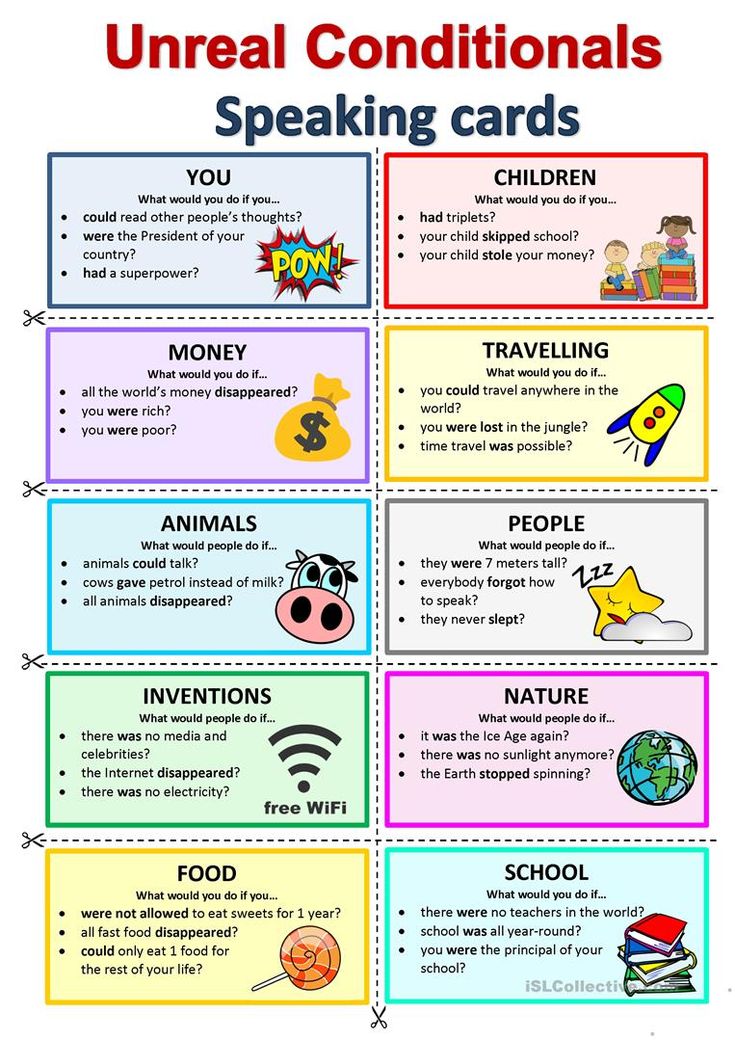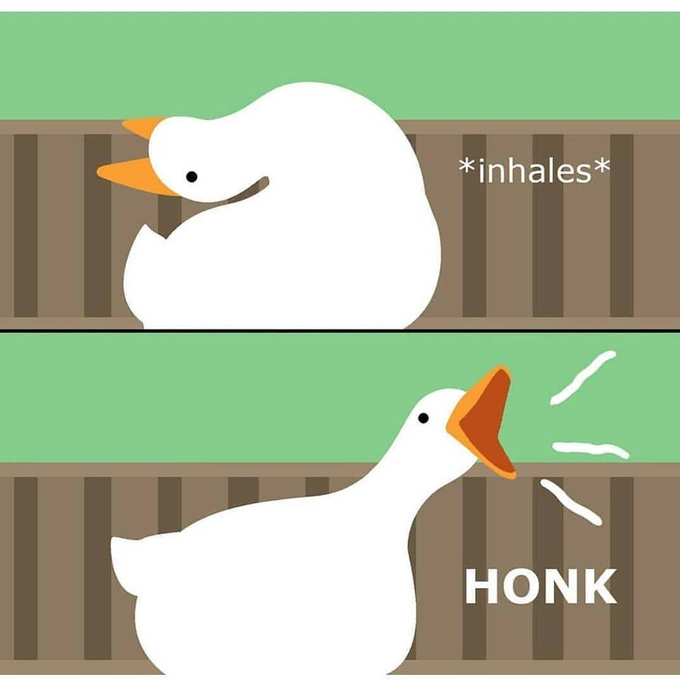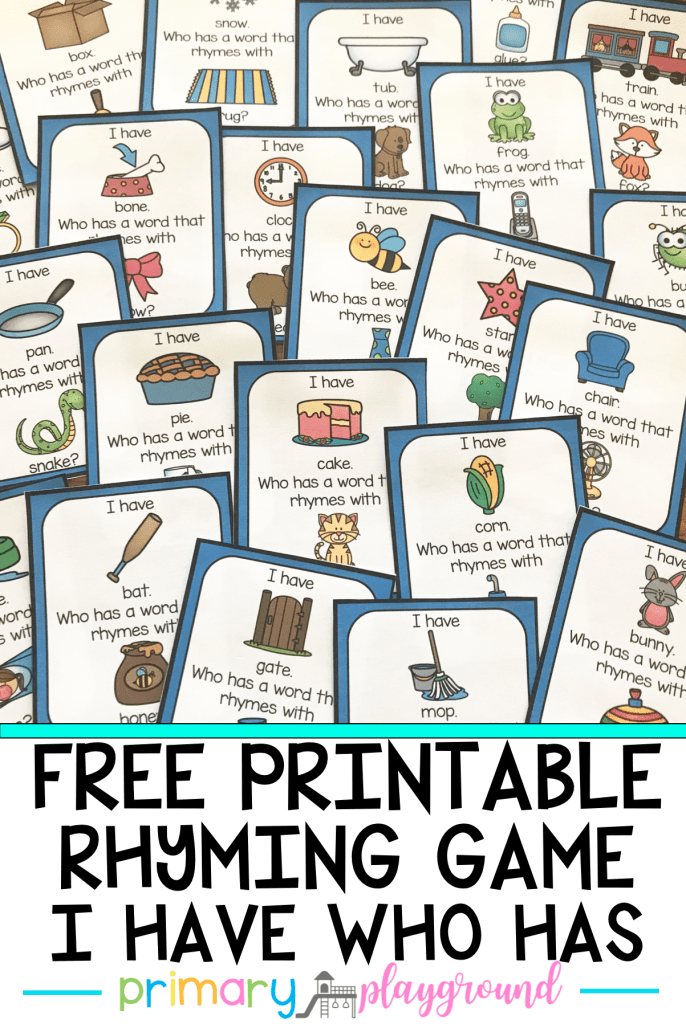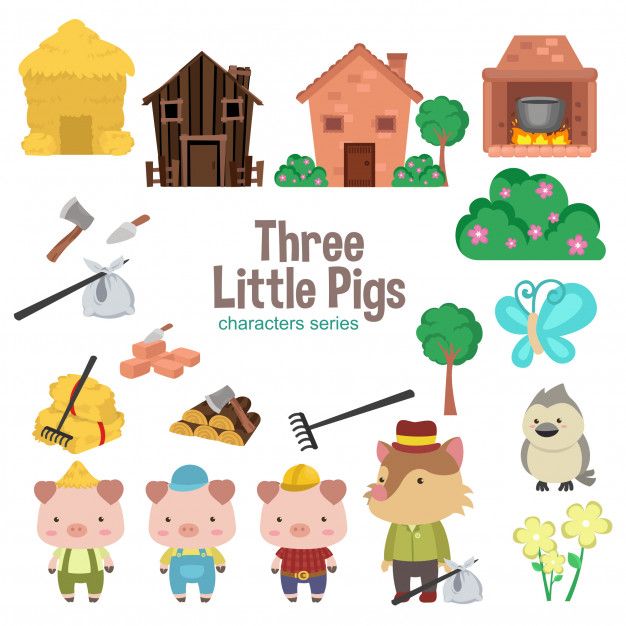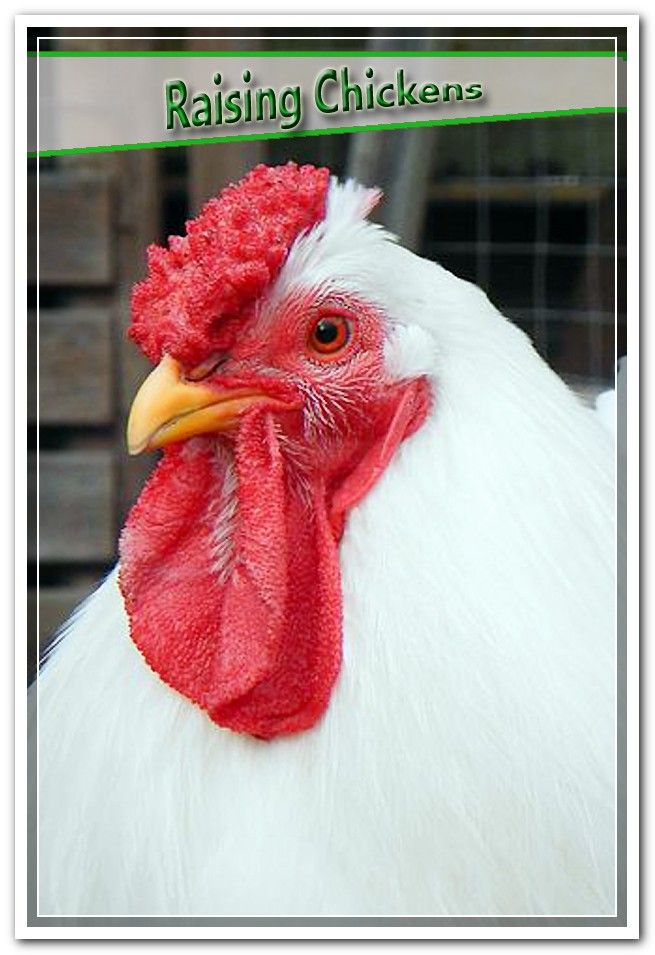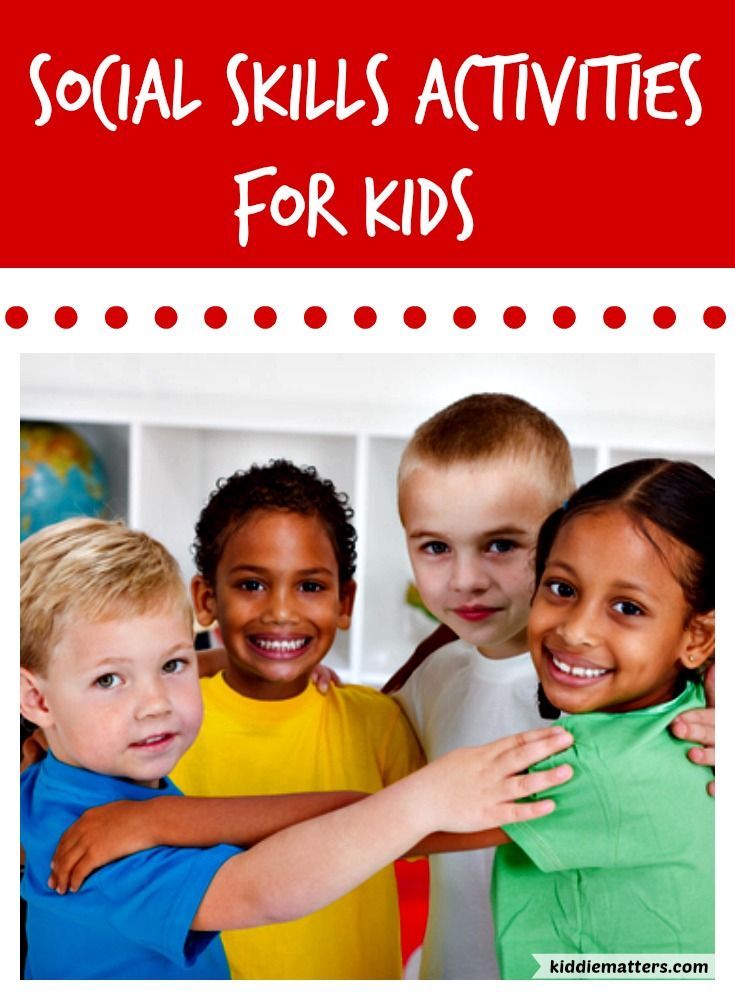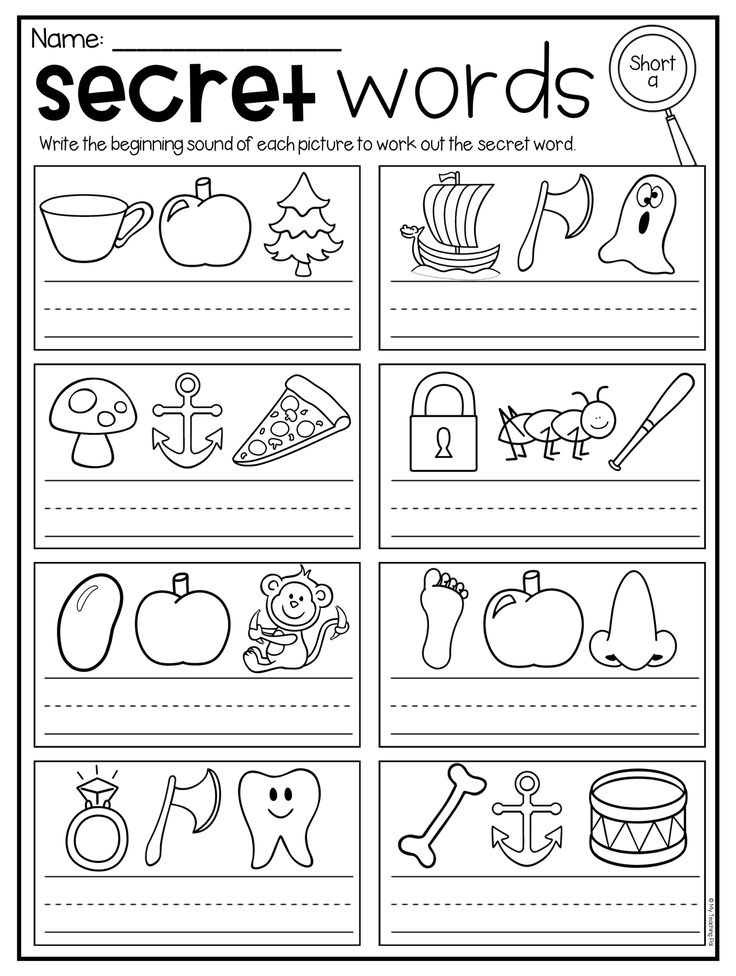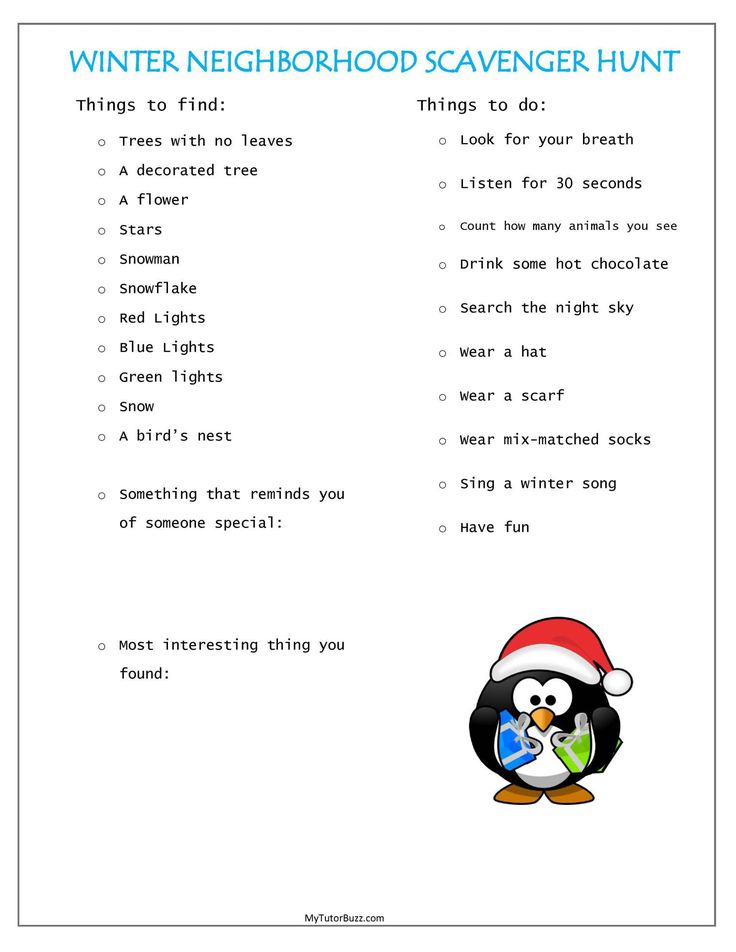Social skills questions for kids
101 Questions for Kids to Get Them Thinking and Talking [all open-ended]
How can you have more meaningful conversations with your kids? How can you use these conversations to also build up their skills to prepare them for their future? What questions are quick and fun to ask but also get them thinking critically, logically and laterally?
We have done the hard work so you don't have to! Here are 101 questions for kids that will get them "thinking and talking" - helping you get to know your child with more meaningful conversations, and at the same time building the skills they need to thrive in tomorrow's world (e.g. critical thinking, communication, creativity etc).
It's perfect for 6-12 year olds and can be done whenever you have a few minutes. Parents we work with tend to have these chats in the car, or after school or at the dinner table.
See the KidCoachApp that thousands of other parents have been using to have all this and more in the palm of your hand, but in the meantime enjoy the list below.
Critical thinking questions
1. How many iPads do you think there are in the world?
2. How many grains of sand do you think there are on a typical beach?
3. What would you do with a million dollars?
4. If you could go back and time and change one thing, what would it be and why?
5. If you could have any superpower, what would it be and why?
6. Is there life on other planets?
7. What would you name a new colour?
8. What are 10 different things you can do a cup?
9. How would you improve a sofa to make it better?
10. When Baby Shark grows up, will he still be called Baby Shark?
11. What would happen if it never rained?
12. How can you make £100 or $100 by next week if you wanted to?
If you are particularly interested in critical thinking then this ultimate guide to developing critical thinking skills in your kids is a must-read.
Debating questions for kids
13.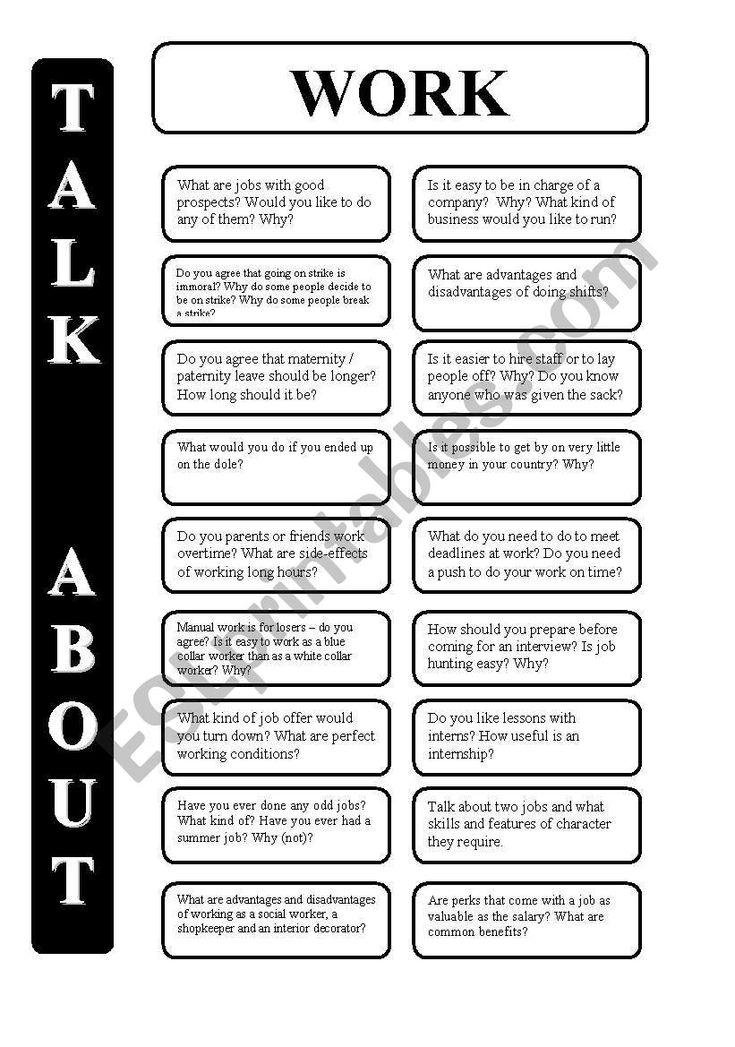 Should children set their own bedtimes?
Should children set their own bedtimes?
14. Do you need teachers at school or can you just learn from computers?
15. Is it right to eat animals?
16. Should everyone donate money to charity?
17. Should children have to wear school uniforms?
18. Should children choose what to learn at school themselves?
19. Does Santa Claus only bring presents for good children?
20. Should zoos be banned since they are unfair to animals?
21. Should children be paid if they get good grades?
22. Is social media a good or a bad thing?
23. Should every child have their own mobile phone?
Fun communication challenges
24. How would you describe a car to an alien?
25. How would you describe a tree without saying green, plant or leaves?
26. What is a rectangle?
27. How would you describe an elephant without saying animal, trunk or grey?
28. What is a circle?
29.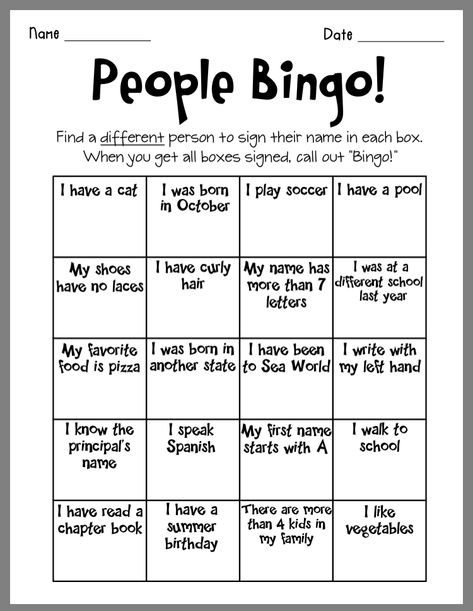 Can you name 10 different emotions?
Can you name 10 different emotions?
30. What is the number five?
31. Can you say the alphabet backwards?
32. Can you talk for one minute about anything without saying “umm” or “err”?
33. Can you say “Hello” in three different accents?
For more fun talking game ideas, check out this list of 22 car games to keep kids entertained using only your voices!
Alternatives to “How was your day?”
34. What was the best thing that happened to you today?
35. What will you do tomorrow that you did not do today?
36. Tell me about something new that you learned today?
37. What made you laugh today?
38. Who did you play with today?
39. What did you eat for lunch?
40. What kind of a person were you today?
41. What made your teacher smile today?
42. What made you really proud today?
43. What questions did you ask the teacher today?
44. What do you think your teacher will be doing tonight?
Would you rather questions?
45. Would you rather find true love or win one million dollars?
Would you rather find true love or win one million dollars?
46. Would you rather end poverty or end racism?
47. Would you rather be gossiped about or ignored?
48. Would you rather be an ant or a fly?
49. Would you rather be able to fly or have super strength?
50. Would you rather be 1 foot taller or 1 foot shorter?
51. Would you rather be more like Mum or more like Dad?
52. Would you rather be the sand castle or the wave?
53. Would you rather live to 100 years old sad or live to 50 years old but happy?
54. Would you rather live without TV or live without internet?
We have lots more of these by the way in this 101 list of the BEST "would you rather...?" questions for kids.
Are you a teacher?
Take advantage of our NEW free daily email service. An awesome classroom conversation starter sent to you at this time every day.
Try these with Harry Potter fans!
55.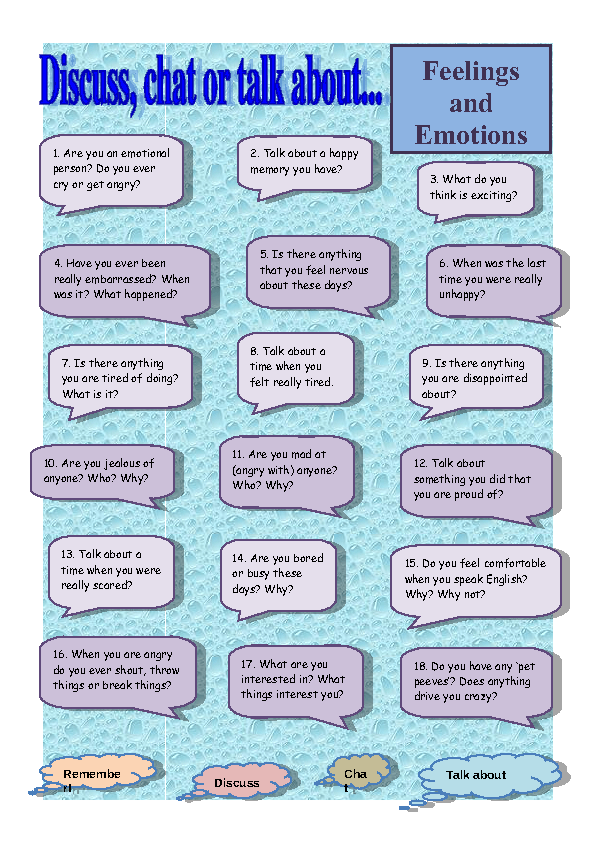 Which Hogwarts house would you be sorted into and why? (critical thinking)
Which Hogwarts house would you be sorted into and why? (critical thinking)
56. If you owned the Philosopher's stone and could live forever, what would you do? (creativity)
57. What make Harry Potter a good leader? (leadership)
58. Is Professor Snape on the good side or the bad side? (critical thinking)
59. Why do wizards hide themselves away from muggles? (philosophy)
60. How would you explain the game of quidditch to a muggle? (communication)
61. Why are most wizards scared to say "Lord Voldemort" out aloud? (empathy)
62. How do dementors make you feel? (mindfulness)
63. If you were an animagus and could turn into any animal, which would you choose and why? (creativity)
64. Which magical object would you choose to have and why - marauders map, time turner or invisibility cloak? (critical thinking)
65. What makes Dumbledore such a good headmaster? (leadership)
Get to know you interview questions
66.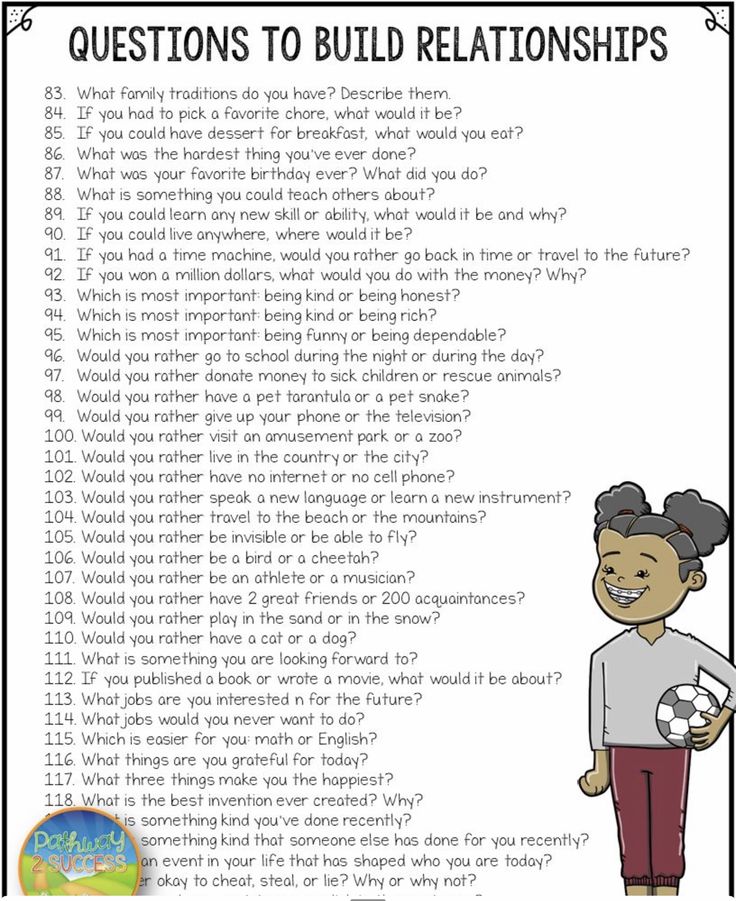 What are your three greatest strengths?
What are your three greatest strengths?
67. What is your favourite subject?
68. What makes you different?
69. What are your three greatest weaknesses?
70. Who do you want to be like when you grow up?
71. What is happening in the book you are reading right now?
72. What will be different about the world when you are an adult?
73. What is going on in the news at the moment?
74. Who are your best friends and why do you like each other?
75. What is the funniest thing you have ever done?
76. What motivates you?
To build resilience
77. What is a growth mindset?
78. What do you feel grateful for today?
79. What is something you can do today that you couldn’t last year?
80. What does a confident person look and sound like?
81. What do you worry about the most?
82. What are you better at than most other people?
83. What do you love to learn?
84.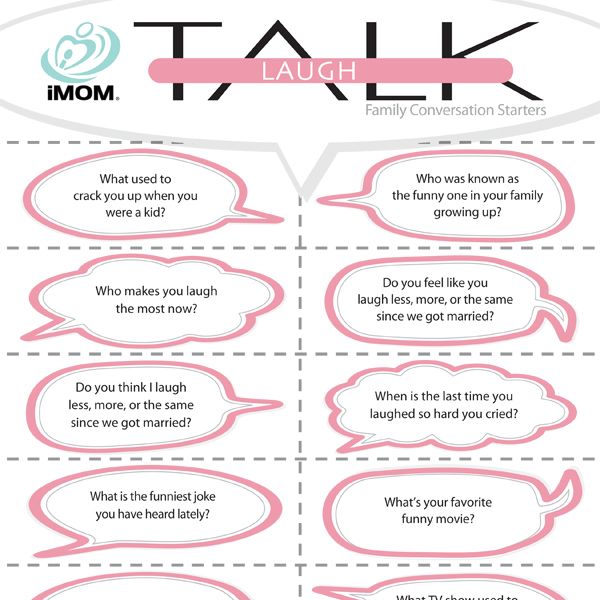 What make you happy?
What make you happy?
85. How important is winning?
86. What is your best quality?
87. What do you find really easy to do?
88. What can you teach others?
Perfect for family dinners89. What is your favourite dessert?
90. If you could just eat one food forever what would it be?
91. Where shall we go on holiday next?
92. What is one thing you admire about the person on your left?
93. What animal are you most like and why?
94. If you could swap places with anybody else in the family for one day, who would you pick and why?
95. Tell us something about yourself that we probably don’t know?
96. If you could have one wish what would it be?
97. What is the hardest thing about being a child?
98. What three words best describe you?
99. What three things do we want to do as a family next month?
100. If you could choose a new name, what would it be?
101.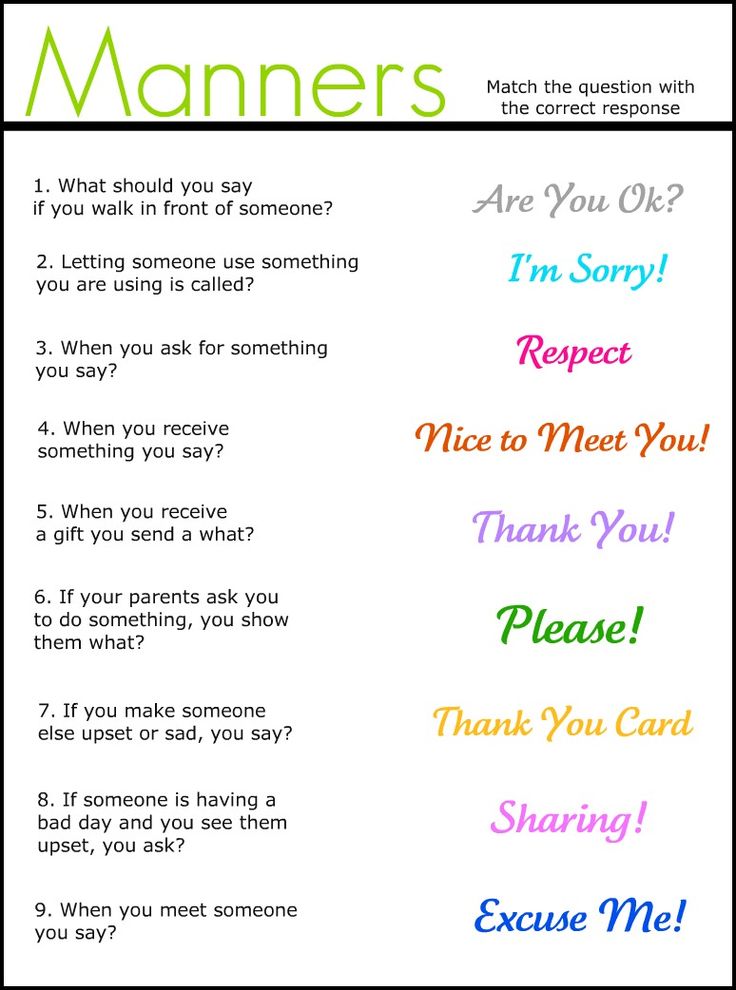 What will we all be doing in 20 years time?
What will we all be doing in 20 years time?
A final suggestion
If you liked this then why not check out the KidCoachApp (30 second demo video above) which has everything from this article and much more in it, all regularly updated!
It puts these great questions in the palm of your hand and the next time you are in need of some conversation inspiration all you have to do is whip out the app! There are hundreds of critical thinking questions for kids that need logical and lateral thinking to answer.🤔
We are backed by lots of education and parenting experts (see our Advisory Board here) and parents have absolutely loved using the KidCoachApp (see the reviews here).
It's a 2 week free trial, with no payment details needed, so you have nothing to lose.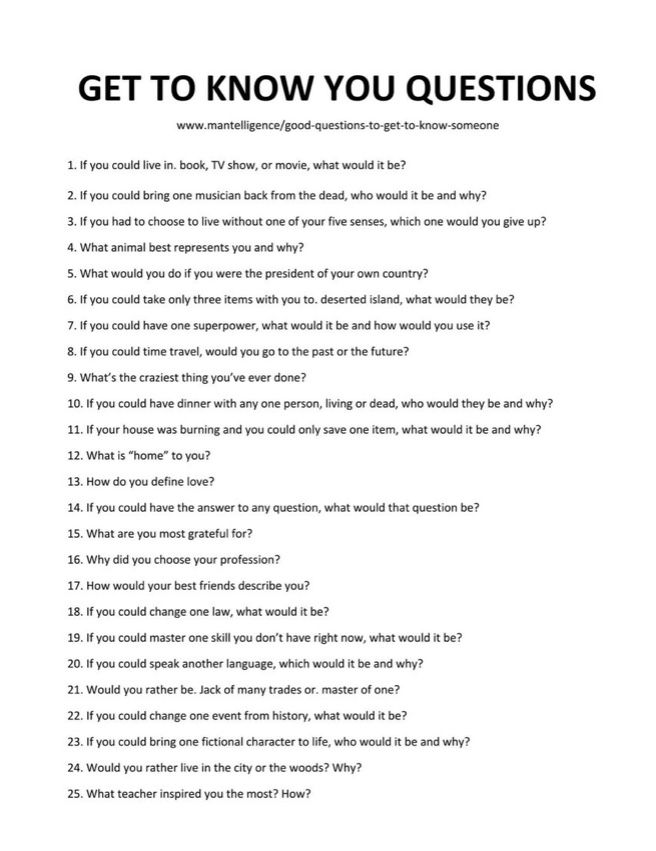 👍
👍
👇 Download the KidCoachApp now from your usual app store.
36 Questions to Help Kids Make Friends | Practice
Download PDF Print Practice
- How to do it
- Why to Try It
- Quiz
- Podcast
Time Required
30 minutes for each session.
How to Do It
Encourage your child to identify another child, perhaps of a different race or ethnicity, whom they don’t know well and would be open to becoming friends with.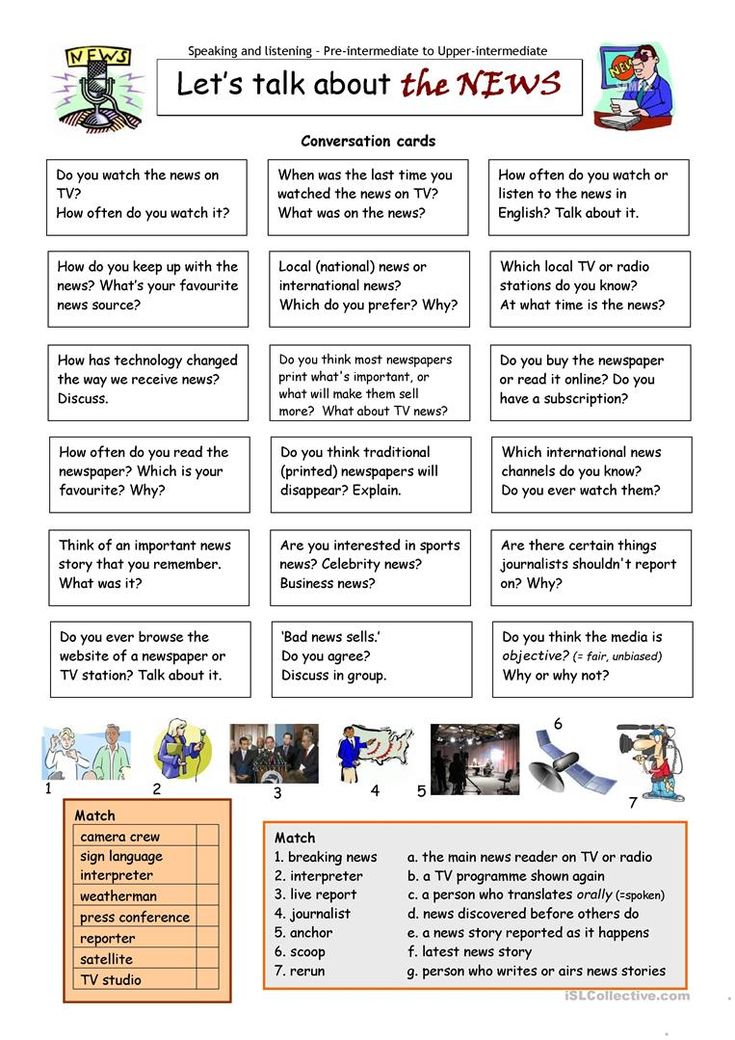
Find two 30-minute periods when the children can meet up. If you’re a teacher, you might even want to find a time during class or lunch when the whole class can do this practice—especially at the beginning of the school year, so that kids who might not otherwise connect can get to know each other better.
During each meeting, have kids take turns asking and answering the sets of questions below, which become a bit more personal as the practice goes on.
Encourage children to spend relatively equivalent amounts of time talking and listening. At the outset, children can be reminded to only disclose information they feel comfortable with and to refrain from sharing information they feel is too personal.
Your child can also use some of these questions to help them become closer to an existing friend or get to know an acquaintance better. The questions below were designed for middle schoolers, but they could probably work for children in late elementary and early high school, too.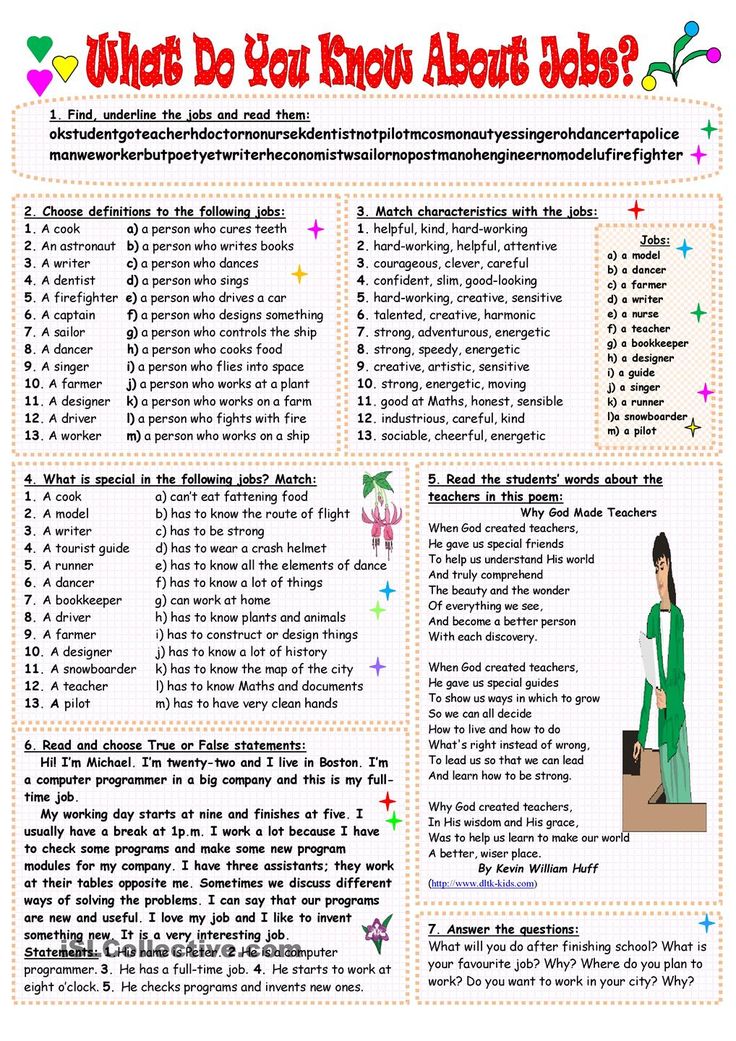
Meeting 1 (Partner 1)
1. What is your favorite subject in school?
2. What is your favorite dessert or flavor of ice cream?
3. What is/was your favorite pet? (If you’ve never had a pet, what pet would you choose if you could?)
4. What’s your favorite thing to do during summer vacation?
5. What is your favorite TV show or movie?
6. Do you like to get up early or sleep in on the weekends?
7. What foreign country would you most like to visit and why?
8. If you could have one superpower, what would it be?
9. Describe your worst haircut ever.
10. Describe your best friend (without saying his/her name).
11. If you had to move from your school, what would you miss the most?
12. If your house was on fire and you had time to safely grab one thing before running out, what would it be?
13. If you could be famous for something, what would it be?
14. Describe one quality you wish you had.
15.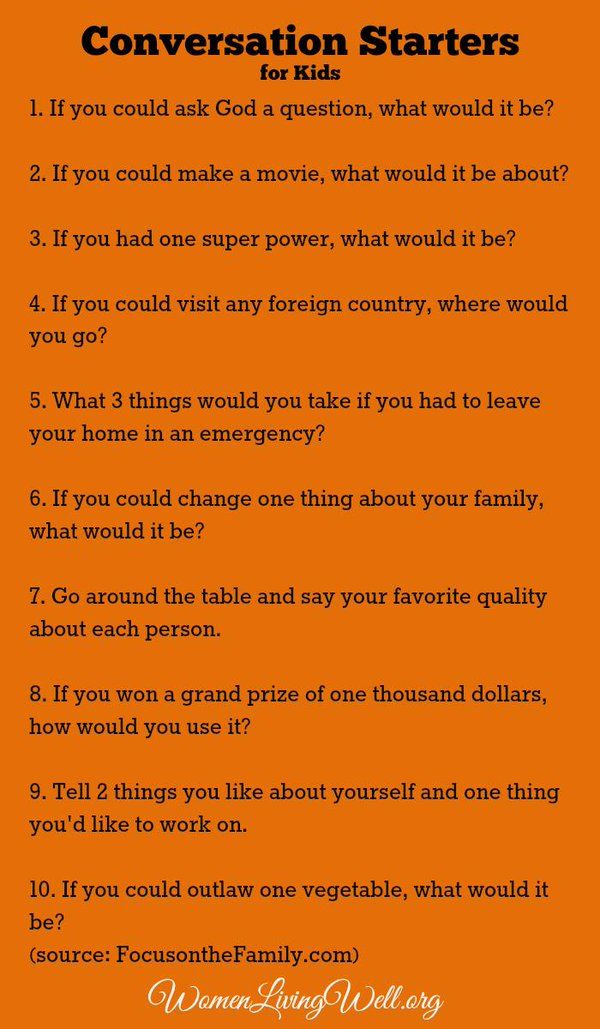 What would a perfect day at school be like?
What would a perfect day at school be like?
16. What would you like to change about your life if you could?
17. Name one thing that would make your parents/family proud of you and one thing that would make them disappointed in you.
18. Name one thing you and I appear to have in common.
Meeting 1 (Partner 2)
1. What is your favorite thing to do after school?
2. What is your favorite restaurant and what is your favorite food there?
3. Of all the places you’ve lived or visited, where was your favorite and why?
4. What is your favorite song?
5. What is your favorite holiday and why?
6. Who was your favorite elementary school teacher and why?
7. What state in the United States would you most like to visit and why?
8. If you had a lot of money and could do anything you wanted with it, what is one thing you would do?
9. Describe a time you got hurt (e.g., broke a bone).
10. What is the best gift or present you have ever received and why was it so special?
11.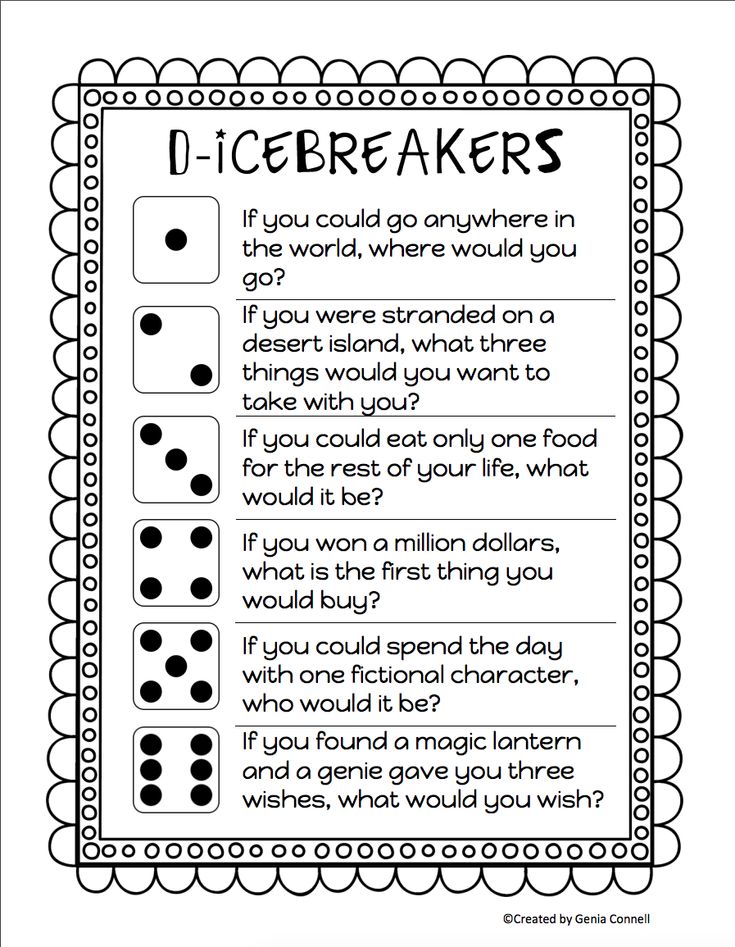 If a crystal ball could tell you the truth about one thing in your future, what would you want to know?
If a crystal ball could tell you the truth about one thing in your future, what would you want to know?
12. If you could have dinner with anyone in the world, who would it be?
13. Think about your greatest dream or wish. What is your biggest obstacle in making it come true?
14. What would your worst day at school be like?
15. How would you describe a true friend?
16. If you could choose one thing about your life that would never change, what would it be?
17. Name one thing you like about your parents/family and one thing you don’t like about them.
18. Name one thing you like about me.
Meeting 2 (Partner 1)
19. Do you think boys or girls have it easier?
20. If you had a magic mirror that allowed you to see exactly what was going on anywhere in the world, where would you look?
21. Imagine that the principal told you he wanted to make the school better and would change it in any one way you suggested. What would you tell him to do?
22.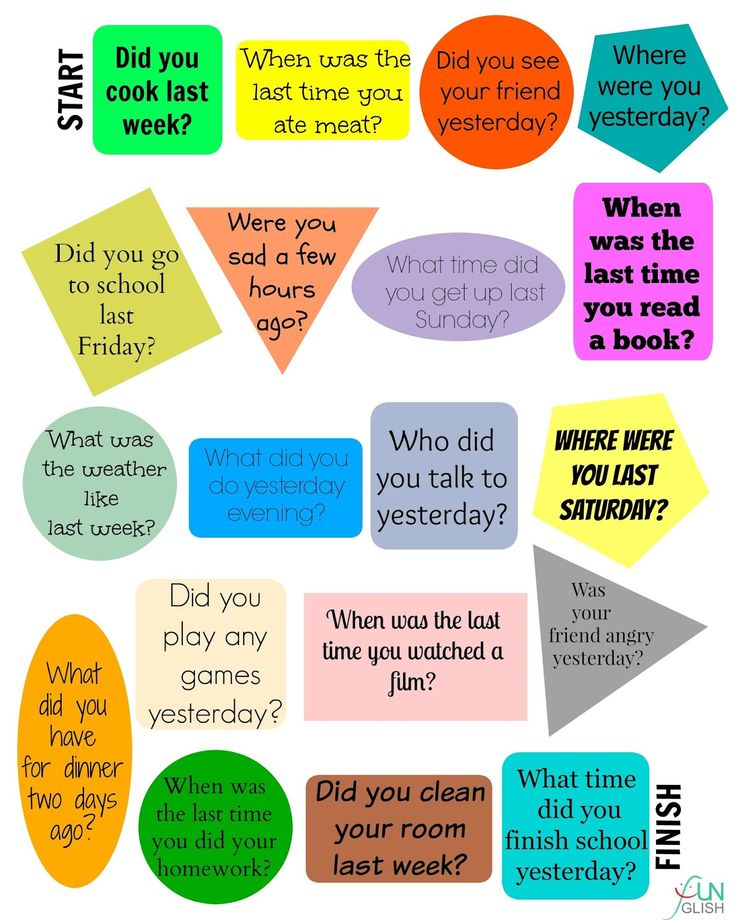 Name one thing about this school you think is unfair.
Name one thing about this school you think is unfair.
23. If you could be the most attractive, the most athletic, or the smartest student at school, which would you choose?
24. If you could make a TV show or YouTube video about anything you wanted and you knew millions of people would see it, what would it be about?
25. If you had to choose right now what job you would have as an adult, what would it be?
26. What is one thing you wish you were better at?
27. What is the biggest difference between what happens on TV and what happens in your life?
28. Describe a time at school when you were mean to someone else. What would you have changed about the situation if you could?
29. Would you rather your mom or dad give you more presents or spend more time with you? Which would make you feel more loved?
30. If you woke up tomorrow and you were grown up with kids of your own, how would you treat them differently than your parents treat you?
31.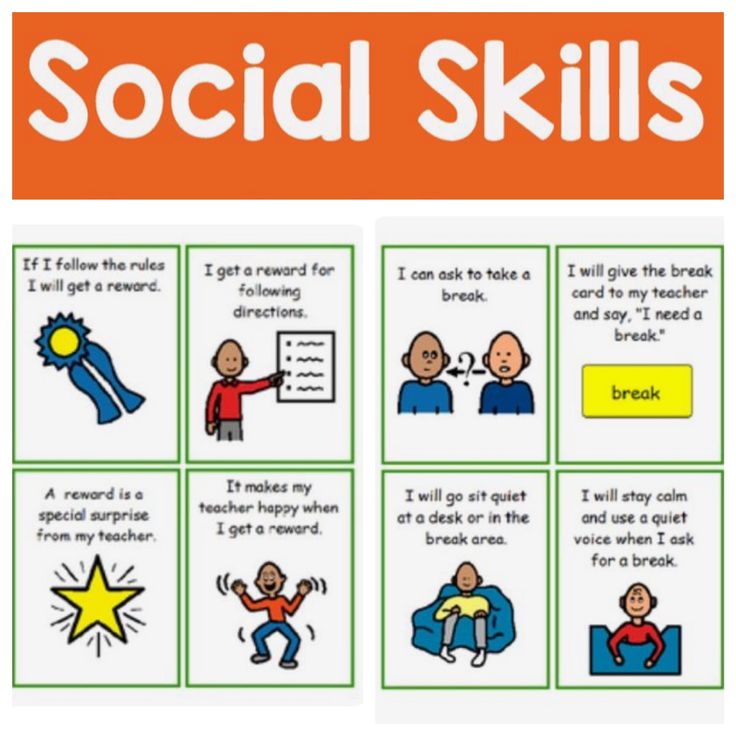 What is your biggest regret?
What is your biggest regret?
32. When you think about the future, what worries you the most?
33. If you could change one thing about the way you look, what would it be?
34. Describe your biggest failure.
35. What do you think your friends like most about you?
36. If we became friends, what is one thing we might enjoy doing together?
Meeting 2 (Partner 2)
19. Do you think it would be easier to be an only child or have lots of siblings?
20. If you could be invisible for a day, what would you do?
21. Imagine you had the opportunity to give a 10-minute speech to all the students in this school. What would you talk about?
22. What is the hardest part of middle school?
23. Describe one good thing and one bad thing about being popular at school.
24. If you could do one thing that you’re not allowed to do now because you’re too young, what would it be?
25. What is one job you hope you never have as an adult?
26.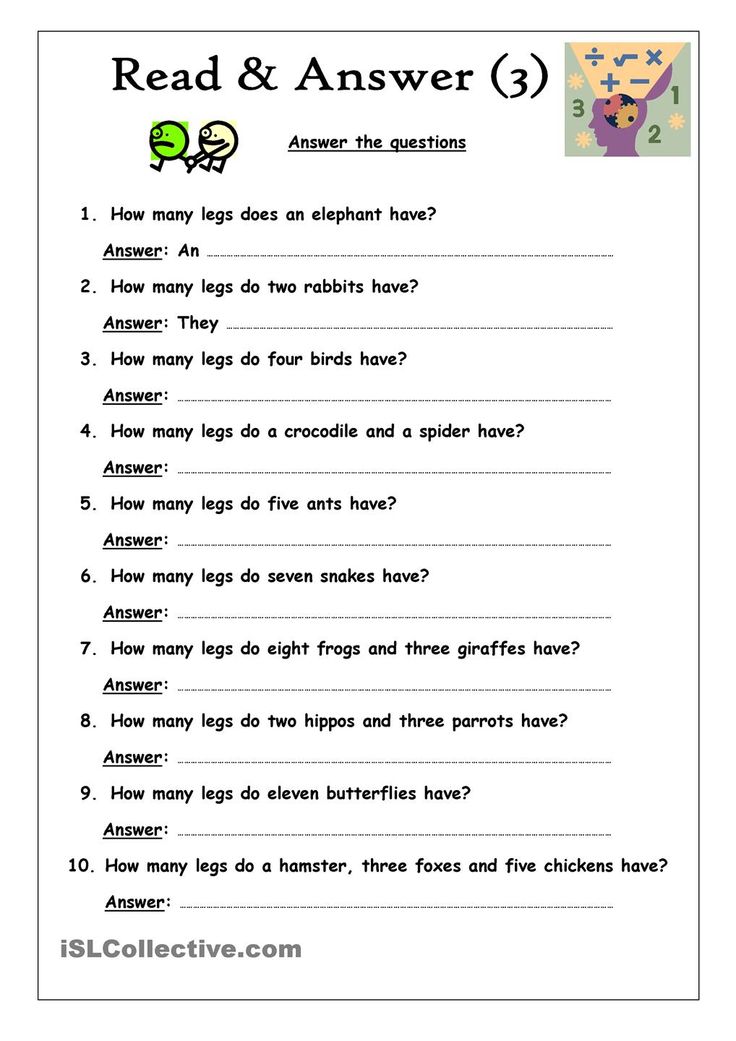 If you could be really talented at one thing, what would you choose?
If you could be really talented at one thing, what would you choose?
27. Name one thing you think you could do better if you were the principal.
28. Describe a time at school when someone was mean to you. What would you have changed about the situation if you could?
29. If you could give your parents one tip on how to be better parents, what would it be?
30. Name one thing someone in your family does that really gets on your nerves.
31. If you could travel to the past in a time machine and change one thing, what would it be?
32. What is your biggest fear?
33. What do you dislike most about yourself?
34. What is the most embarrassing thing that has happened to you at school?
35. What is your proudest moment?
36. Name one reason we would be lucky to have each other as a friend.
Why You Should Try It
This 36 questions activity can help children build closeness with someone they don’t know well, including a child from a different ethnicity.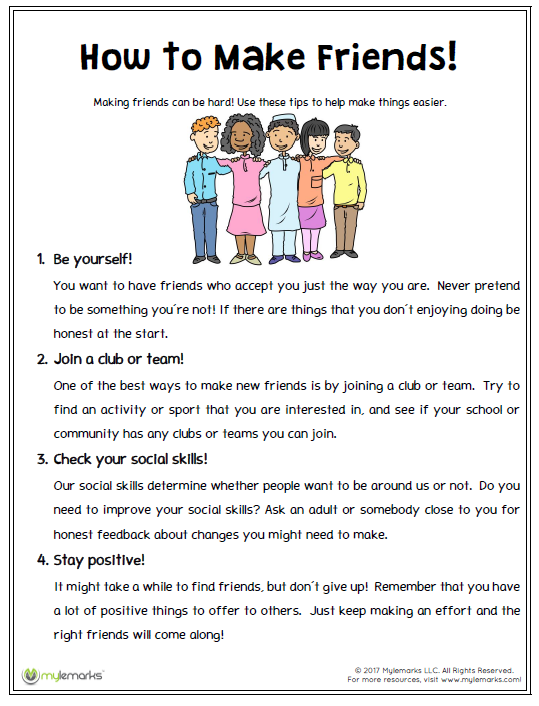
Childhood friendships are important to well-being. Having just one friend can help kids be more invested in their schoolwork and protect them from being bullied. Friendships across ethnicities are especially valuable and lead kids to be more adaptable and socially confident. For example, kids with cross-ethnicity friendships tend to be better liked by other kids, be more self-confident, have a more positive mood, and feel safer at school.
But making friends can be awkward. Knowing how to talk to others in a way that fosters genuine connectivity and paves the way for real friendship—particularly with those who are different from us—is a valuable life skill. This exercise helps you guide your child to talk to other kids in that way.
This exercise is particularly useful at transition times, like when your family moves to a new place or when children start middle school with many students they don't know.
Why It Works
The 36 questions are a mixture of opportunities for fun and self-disclosure.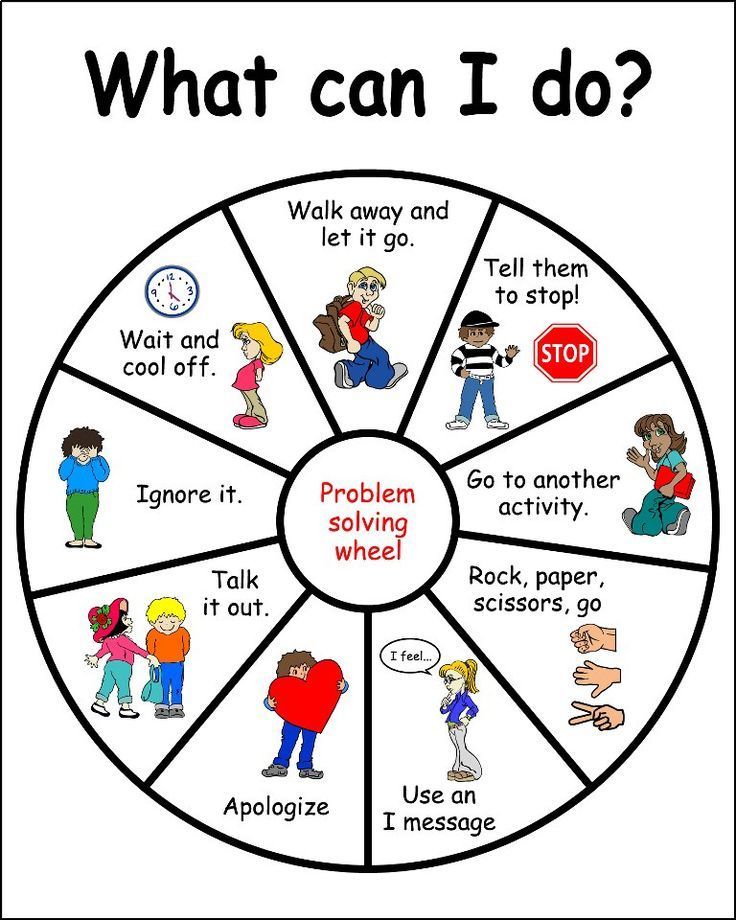 Mirroring the emotional journey of friendship, they become increasingly intimate, requiring partners to reveal more about themselves as they answer questions. Each series of 36 questions ends with one that plants the suggestion of friendship, such as: “Name one thing you like about me” or “What’s one thing we would do together if we became friends?”
Mirroring the emotional journey of friendship, they become increasingly intimate, requiring partners to reveal more about themselves as they answer questions. Each series of 36 questions ends with one that plants the suggestion of friendship, such as: “Name one thing you like about me” or “What’s one thing we would do together if we became friends?”
Taking turns listening with genuine interest and curiosity, and the experience of feeling seen and heard, allow feelings of closeness to develop. Although there are no guarantees, this exercise creates fertile grounds for true friendship to blossom.
Evidence That It Works
Echols, L., & Ivanich, J. (2021). From “fast friends” to true friends: Can a contact intervention promote friendships in middle school? Journal of Research on Adolescence, 1–20.
Middle schoolers paired with an unfamiliar partner of the same age and gender met once a month for three months. Pairs got to know each other by taking turns asking the 36 questions, and then competed with other pairs to cooperatively build a block tower.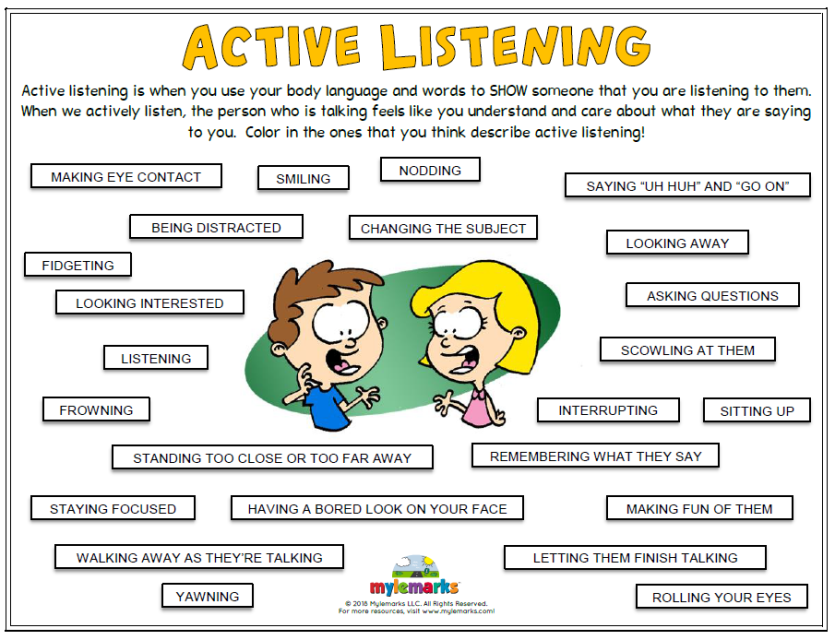 At the end of three months, middle schoolers felt they had a closer relationship with their partner than other classmates. This was true for both male and female pairs, of the same ethnicity and different ethnicities.
At the end of three months, middle schoolers felt they had a closer relationship with their partner than other classmates. This was true for both male and female pairs, of the same ethnicity and different ethnicities.
Sources
Leslie Echols, Ph.D., Missouri State University
Parents can be role models for their children's relationships. How strong are your social connections, online and off? Take our Social Capital quiz to find out.
Social skills of preschoolers - the development of social skills in children
The development of social skills is a necessary point of education. A child with a high degree of socialization will quickly get used to kindergarten, school, any new team; in the future will easily find a job. Social skills have a positive effect on interpersonal relationships - friendship, the ability to cooperate.
Let's figure out what social skills are.
What are social skills and why develop them?
Social skills - a group of skills, abilities that are formed during the interaction of a person with society and affect the quality of communication with people.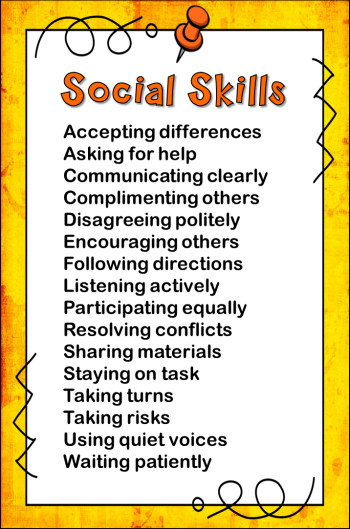
Man is a social being: all our talents and aspirations are realized thanks to other members of the group. Others evaluate our actions, approve or condemn our behavior. It is difficult to reach the pinnacle of self-actualization alone.
That is why social skills are important. They should be developed from early childhood and honed throughout life.
Social skills are a reflection of the child's emotional intelligence, to which educators and teachers assign an important role in the process of personality development. Without this group of skills, a smart child will not be able to apply the acquired knowledge in practice: it is not enough to create something outstanding, you need to be able to correctly convey thoughts to the public.
Sometimes people mistakenly believe that social skills relate exclusively to the topic of communication, communication. In fact, skills include many multidirectional aspects: an adequate perception of one's own individuality, the ability to empathize, work in a team, etc.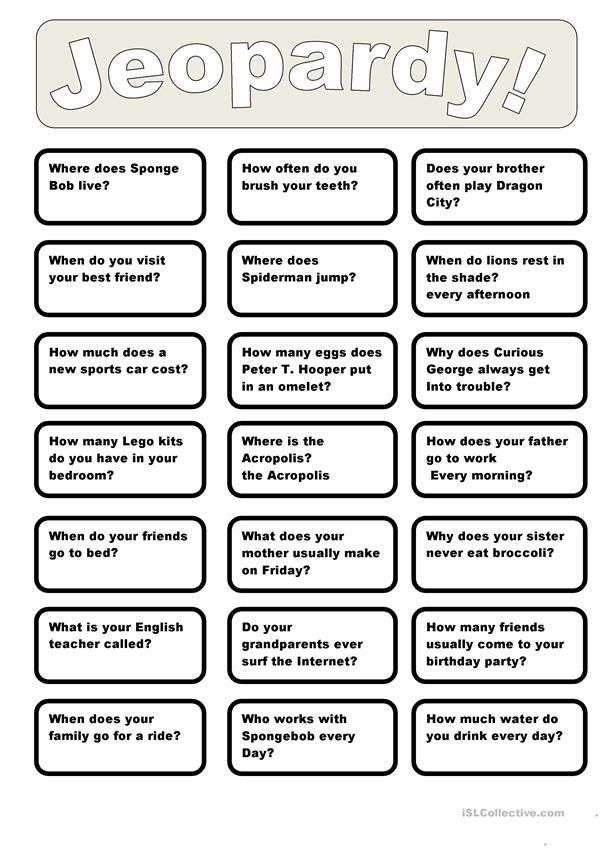
Why do we need social skills?
- Regulate the area of interpersonal relationships: the child easily makes new friends, finds like-minded people.
- Minimize psychological stress: children with developed social skills quickly adapt, do not feel sad due to changes in external circumstances.
- They form an adequate self-esteem from childhood, which positively affects life achievements and development in adulthood.
- Social skills cannot be separated from building a successful career: the best specialists must not only understand the profession, but also have high emotional intelligence.
Development of social skills in a child
Social skills need to be developed from preschool age, but older children and even teenagers may well learn to interact with the world.
It is recommended to pay attention to areas of life that bring discomfort to the child, significantly complicate everyday life.
- Friends, interesting interlocutors: the kid does not know how to join the team, he prefers to sit in the corner while the others play.
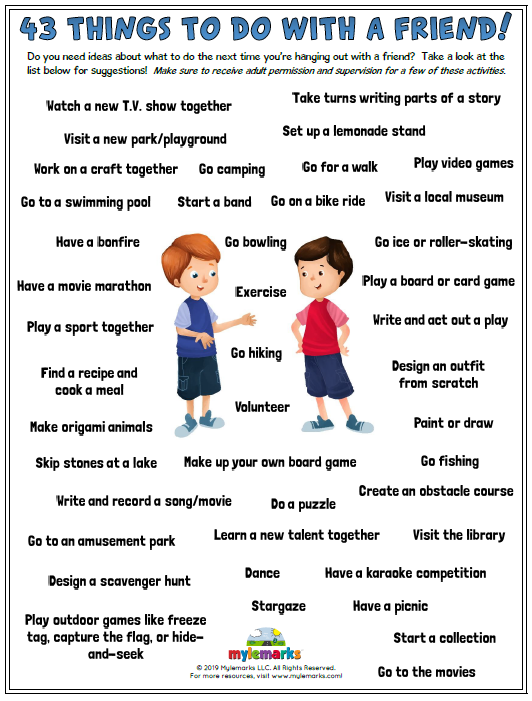
- Verbal difficulties. The child does not understand the rules of conversation, is poorly versed in the formulas of etiquette (when you need to say hello, say goodbye, offer help).
- Problems with the non-verbal side of communication. Such a baby does not recognize the shades of emotions, it is difficult to understand how others relate to him. Cannot "read" faces and gestures.
- Does not know the measure in expressing a point of view: too passive or, conversely, aggressive.
- The child bullies classmates (participates in bullying) or is a victim.
In case of severe moral trauma, one should consult a psychologist: for example, school bullying is a complex problem that children are not able to cope with on their own. The involvement of parents and teachers is required.
In other cases, family members may well be able to help the child develop social skills.
What are the general recommendations?
1.
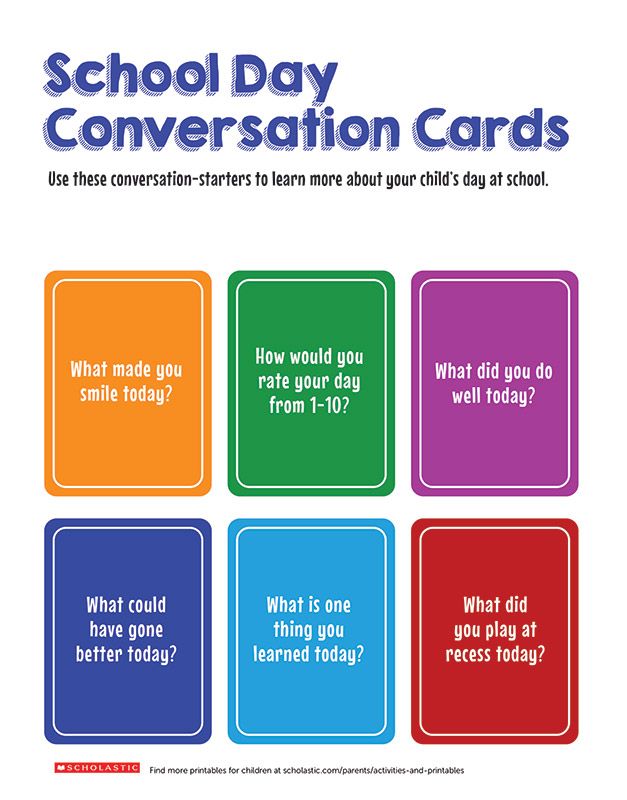 Be patient
Be patient Don't push your child to get the job done. Let them take the initiative: for example, do not rush to help during school gatherings, let the baby work on the problem on his own. The same goes for lessons and other activities.
2. Support undertakings
Children's dreams seem trifling to adults, but the initiative turns into a habit over the years and helps to discover new projects, meet people, and experiment.
3. Criticize the right way
When making negative comments, remember the golden rule of criticism: analyze the work, highlighting both positive and negative sides in a polite manner. Commenting on the specific actions of the child, and not his personality or appearance - this will lead to problems with self-esteem.
4. The right to choose
It is important for children to feel that their voice is taken into account and influences the course of events. Invite your child to personally choose clothes, books, cartoons.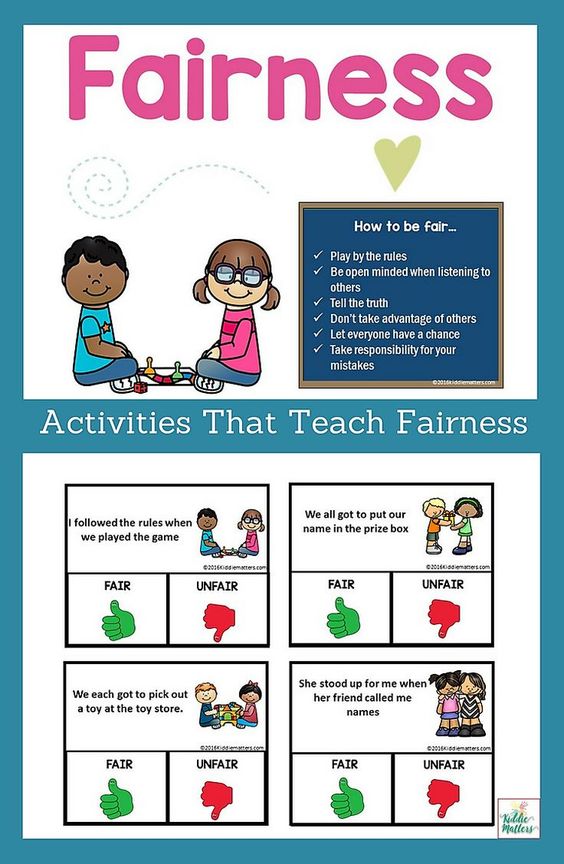 Ask about ideas, plans: “We are going to have a rest together at the weekend. What are your suggestions?
Ask about ideas, plans: “We are going to have a rest together at the weekend. What are your suggestions?
5. Personal space
Make sure that the baby has a place where he can be alone and take a break from talking. Personal things should not be touched: rearrange without prior discussion, read correspondence with friends, check pockets, etc.
Children, noticing the respectful attitude of adults, quickly begin to pay in the same coin; the atmosphere in the family becomes warm and trusting.
What social skills should be developed in a child?
Let's dwell on the main qualities and skills, the development of which is worth paying attention to.
1. The ability to ask, accept and provide help
Without the ability to ask for help, the child will deprive himself of valuable advice; the lack of the ability to accept help will lead to losses, and the inability to provide help will make the baby self-centered.
- Let the child help those in need: for example, a lagging classmate.
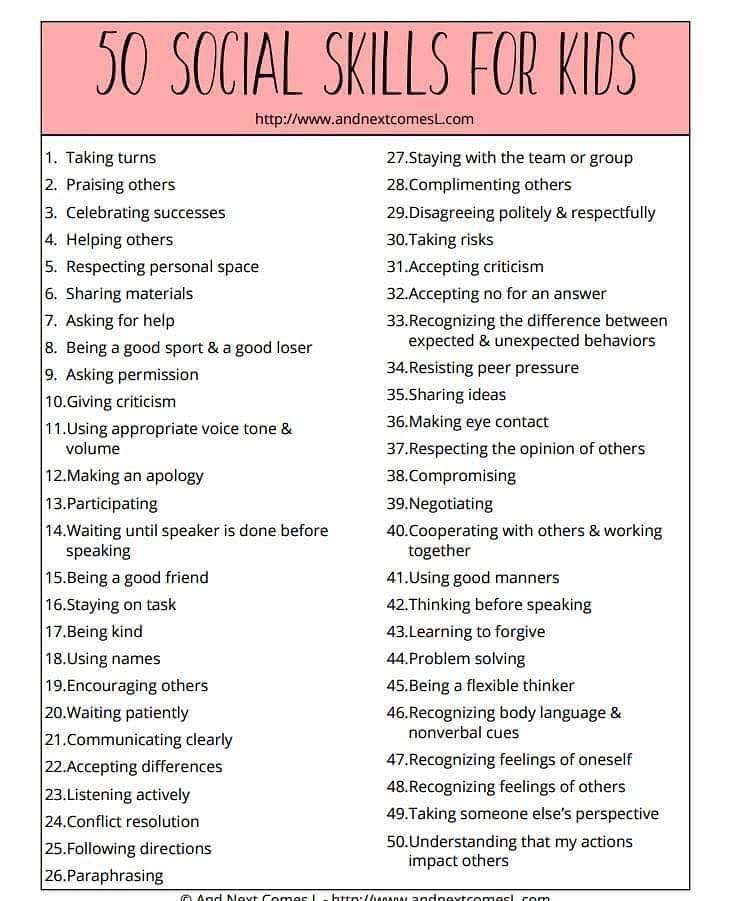
- Explain to your child that getting help from friends and teachers is not a shame.
- Show by personal example that mutual help enriches experience: tell how you exchange advice with colleagues, friends.
2. The ability to conduct a conversation and get the right information
Being a good conversationalist is difficult, but the skill is honed over time and brings a lot of benefits.
- Prompt your child for dialogue development options: for example, you can start a conversation with a relevant question, a request for help.
- Do not leave the child in the role of a silent listener: when discussing pressing issues at home, ask the opinion of the baby.
- Support children's public speaking: presentations at school, performances, funny stories surrounded by loved ones will add confidence.
3. Empathy
Empathy is the ability to recognize the emotions of others, put yourself in the place of another person, empathize.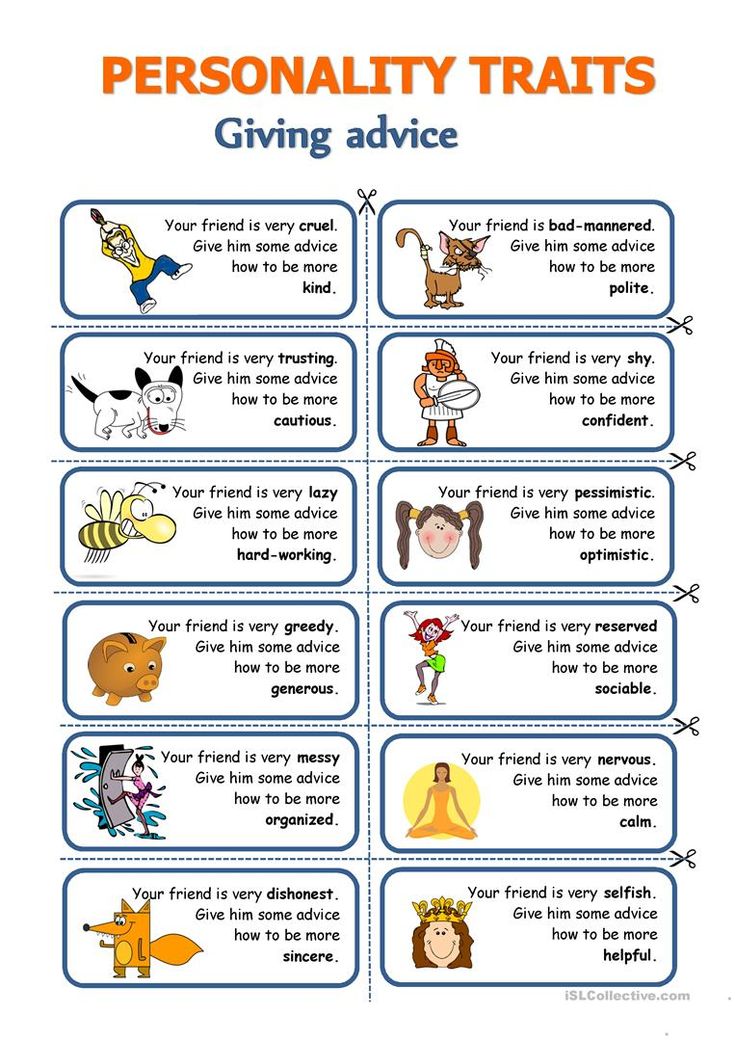
This ability will make the child humane, prudent. How can it be developed?
- Start by recognizing the child's feelings - it is useless to listen to people if the person does not feel personal experiences. Ask your baby: “How do you feel after a quarrel with friends?”, “Do you want to relax today?”
- After conflicts with classmates, ask your child how the children with whom the quarrel may feel now.
- While watching cartoons, reading books, pay your child's attention to the emotional state of the characters.
4. Ability to work in a team
Many children can easily cope with tasks alone, but this is not a reason to refuse to work in a team. It gives the opportunity to exchange ideas and experience, delegate tasks, achieve goals faster and more efficiently.
- If the child does not communicate with members of the team, try to introduce him to another social group: for example, the lack of communication with classmates can be compensated by a circle of interests, where the child will feel calmer.

- Make the family a friendly team in which the child has his own "duties": for example, do housework, remind parents of upcoming events. Any activity related to the well-being of other family members will do.
5. Respect for personal boundaries
The absence of an obsessive desire to interfere in other people's lives is a valuable skill that helps to win people's sympathy.
- Respect the child's personal boundaries: do not enter the nursery unannounced, do not rummage through personal belongings and correspondence, if the matter does not concern the life and safety of the baby.
- If the child violates other people's boundaries (takes toys without permission, asks uncomfortable questions), talk about it in private.
6. Ability to overcome conflict situations
It is difficult to imagine our life without conflicts. The task of the child is to learn how to culturally enter into a discussion, defend his point of view, and not be led by the provocations of his interlocutors.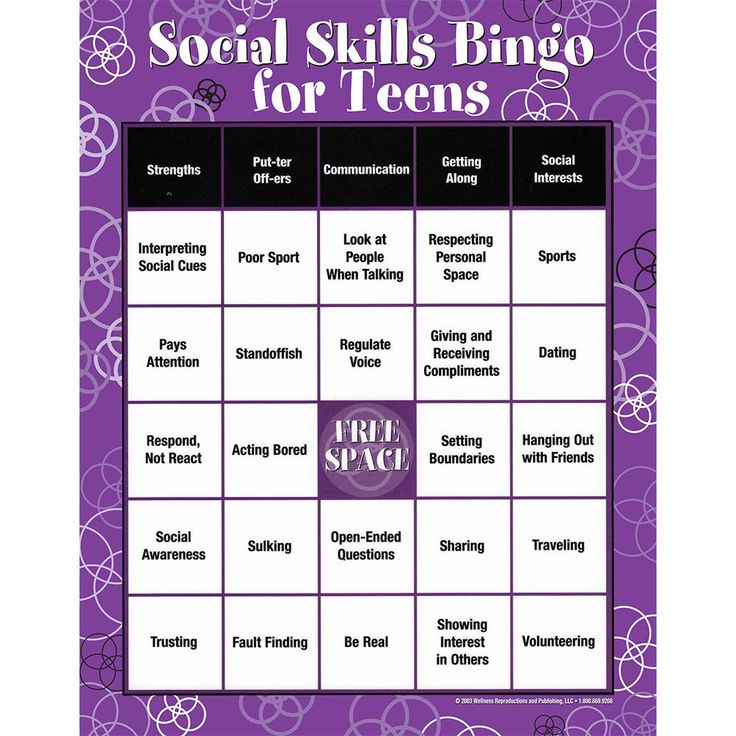
- Discuss problems that arise calmly, without raising your voice. Do not put pressure on the child with parental authority unnecessarily: the child is a separate person who has the right to an opinion.
- Do not judge people for views that differ from those of your family but do not affect your well-being. Show your child that the world is very different.
- You can demonstrate to children the basics of a civilized dispute, explain what arguments are, etc. It is advisable to teach this child in kindergarten.
7. Self-confidence
Stable and adequate self-esteem is a quality that not all adults possess.
It is formed under the influence of many factors: relationships between parents, the role of the child in the family circle, the characteristics of the environment that surrounded the child in early childhood.
It is important that the child does not grow up to be either a narcissistic narcissist with fragile self-esteem, or an overly shy person.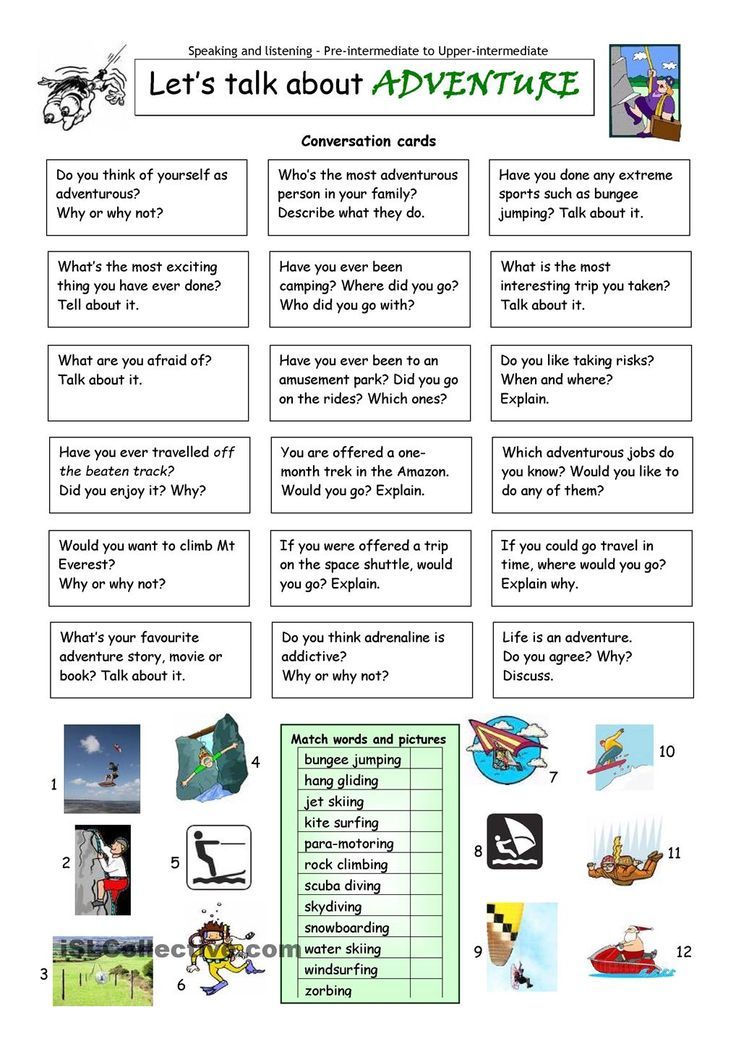 How can you help your child find balance?
How can you help your child find balance?
- Praise your child for personal progress: to receive a compliment from parents, it is not necessary to win prizes in school competitions. The zeal of the baby, the interest shown and the stamina also deserve praise.
- Explain, remind the children that initially they are worthy of respect and love, like all people around.
Social skills will help in many areas of life: in studies, hobbies, friendships, building a reputation in a team. The main thing is to encourage and support children at all stages.
Emotional intelligence for children
We introduce children to the types of emotions, how to manage them and how to show themselves in teamwork, through situational games
learn more
What social skills must be instilled in children
Socialization is important and useful for children too , and for adults. Constantly being in the company of our own kind, we simply cannot help but encounter other people every day and contact with them.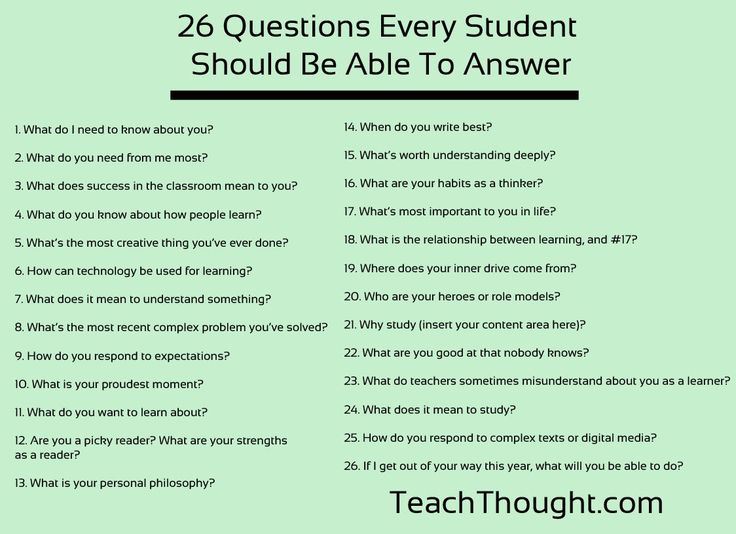 Even just to go to the neighbors and ask them not to make noise in the evenings, and for this you need to be able to apply certain communication skills. And not all adults, by the way, can politely negotiate not only in many conflict situations, but even in ordinary situations. And as for the children, who are just entering public life, there is nothing to say. 9Ol000
Even just to go to the neighbors and ask them not to make noise in the evenings, and for this you need to be able to apply certain communication skills. And not all adults, by the way, can politely negotiate not only in many conflict situations, but even in ordinary situations. And as for the children, who are just entering public life, there is nothing to say. 9Ol000
The Importance of Social Skills for Children
The first thing that comes to mind when you read this heading is the adaptation of a child in kindergarten, and then at school and in other areas. Well, for example, in the courtyard of the house. But here's what's interesting: you need to start instilling socialization skills even before kindergarten, that is, before the baby turns 2.5-3 years old. And these lessons begin already in the family, and just the same in the yard, where mother takes her child out for a walk.
If you don't teach your child to interact with other children or with strangers to him in advance, then it's better to forget about easy adaptation in kindergarten right away.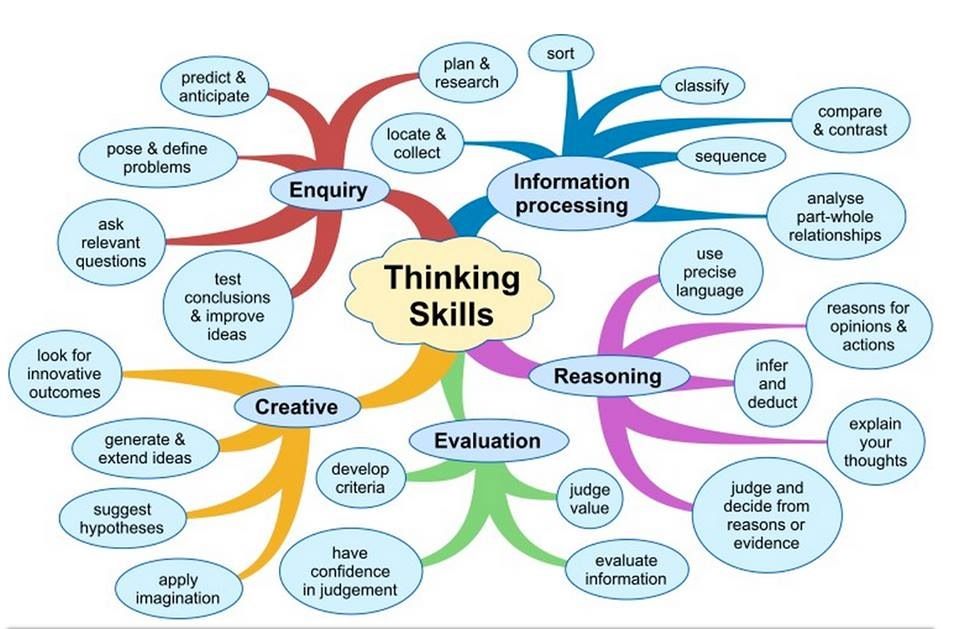 The team of peers and unfamiliar aunts-educators will simply knock out the psyche of the child from her usual way of life, home comfort and a sense of security. And this is fraught with nervous breakdowns, and tantrums, and other troubles - first of all for the baby himself, but for all the household ones too.
The team of peers and unfamiliar aunts-educators will simply knock out the psyche of the child from her usual way of life, home comfort and a sense of security. And this is fraught with nervous breakdowns, and tantrums, and other troubles - first of all for the baby himself, but for all the household ones too.
Socialization in the kindergarten can be almost painless at the tenderest age - about a year and a half, when the baby is just beginning to be interested in something (or someone) else, except for his mother. But after all, rarely does anyone today give their “chick” or “bunny” to kindergarten during this period. It used to be that mothers used to send their children to a nursery at six months to go to work, but today times and laws are different, and many mothers themselves want and can take care of their little ones.
Some wealthy families even prefer not to send their child to kindergarten, just not to injure his tender psyche by communicating with peers who "you never know what they will teach an innocent child.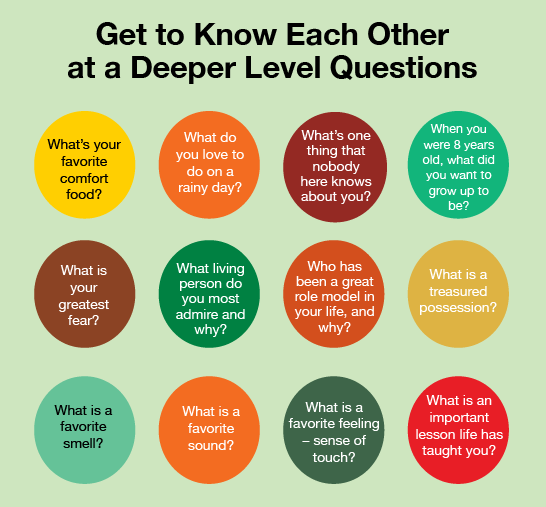 " Yes, and trust in educators has recently decreased. Mothers are afraid that the child will be taken away by maniacs right from under the noses of careless "educators", and they will not even notice. And even worse - they will begin to bully the child themselves. But this is a different topic, and we will discuss it next time.
" Yes, and trust in educators has recently decreased. Mothers are afraid that the child will be taken away by maniacs right from under the noses of careless "educators", and they will not even notice. And even worse - they will begin to bully the child themselves. But this is a different topic, and we will discuss it next time.
But the child will still need to learn how to adapt in society. Ahead is a school, a university, an institution where he will work, and everywhere there will be people with whom he needs to somehow negotiate and interact. So the sooner training begins (that is, instilling social skills) - the better for the child himself.
So, what are the six basic socialization skills that children need to know in order to feel like a fish in water in modern society?
Ability to share
Willingness to share sweets, toys, books, knowledge with others always helps to maintain friendly contacts with peers. This skill, in principle, is inherent in children from birth.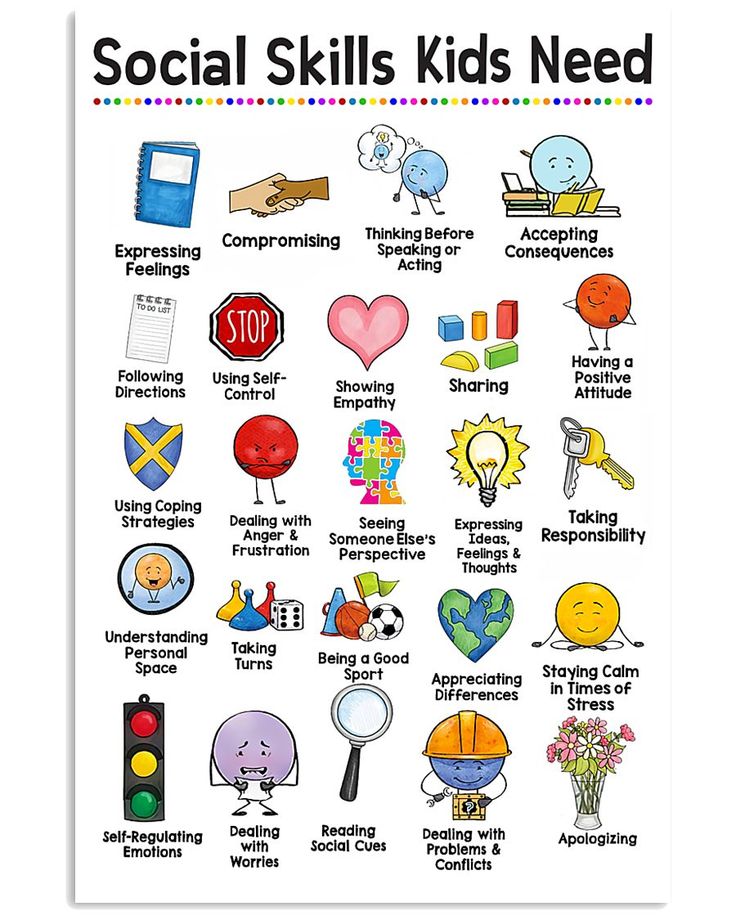 Both “one-year-olds” and two-year-olds easily let mom bite a cookie or hold their toy for grandfather, but only if they have already had enough or played enough themselves. It is not childish greed that works here, but a natural instinct that tells them that they must first feed and provide themselves with comfort.
Both “one-year-olds” and two-year-olds easily let mom bite a cookie or hold their toy for grandfather, but only if they have already had enough or played enough themselves. It is not childish greed that works here, but a natural instinct that tells them that they must first feed and provide themselves with comfort.
But starting at about three years old (kindergarten time!), children become less and less generous to others, and begging for something or asking to share with someone becomes very difficult. Selfishness and possessiveness usually outweigh.
But if you work with your child in this direction and teach him to share with others all the time, even if it is not enough on his own, then it is quite possible to achieve positive results for school. A child who treats others with respect will feel internally comfortable and appreciate the fact that he makes others happy.
In order for a child to start sharing with other children, he needs to be constantly urged to do this, praise his desire to share, constantly draw his attention to such actions on the part of other children, read books on this topic with him and watch similar cartoons.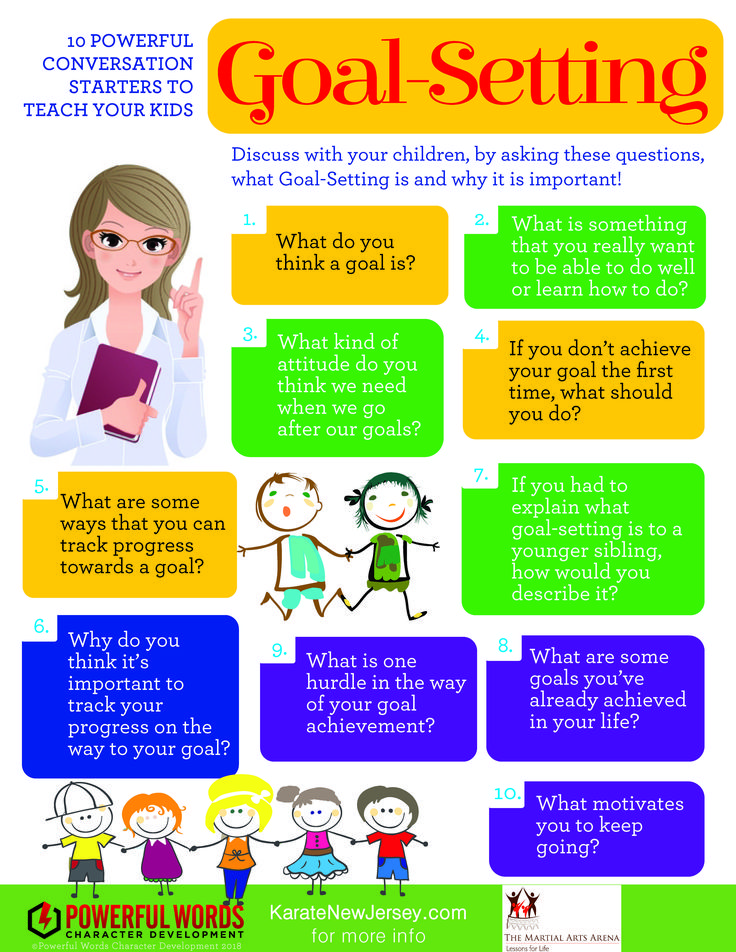
Ability to cooperate with others
This skill helps the child realize that alone he can achieve little, while working in a team he can do a lot. Already in the sandbox, playing with peers or older children, the kid must learn that it is better to build a tower together than alone. And if we add the ability to share to this skill, then the result of such cooperation will be obvious - the sand tower will be stronger, larger and more beautiful than if he did it alone.
And already at the age of three, when the baby goes to kindergarten, to a group of peers, he will consciously strive for friendly interaction in order to feel more comfortable and calm in a new environment for him.
At home, parents should involve the child in everyday household chores, for example, putting dirty laundry in the washing machine, or collecting their toys, or taking the cup to the sink. Get things done faster, you will be able to go for a walk earlier.
Ability to listen and hear
Children (if they are not born deaf) can hear well, but not everyone can listen to what their elders say to them.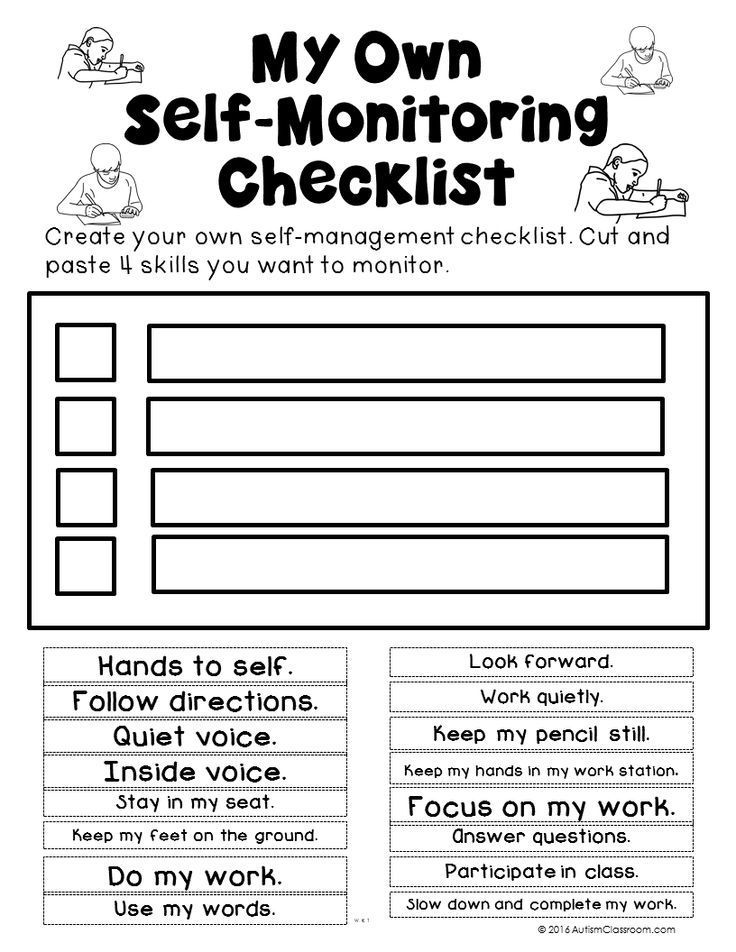 Listening does not mean catching words in one ear and releasing them in the other, it means memorizing and analyzing what has been said. This skill helps a lot in school, and then in work. After all, in order to learn the material or complete some task, the child must learn to perceive what he hears, be able to capture the essence and think about the information.
Listening does not mean catching words in one ear and releasing them in the other, it means memorizing and analyzing what has been said. This skill helps a lot in school, and then in work. After all, in order to learn the material or complete some task, the child must learn to perceive what he hears, be able to capture the essence and think about the information.
It is easy to instill such a skill. When you read a book to a child or conduct training sessions with him, always ask questions about the text or assignment in order to understand how much the child perceived the information and how he remembered and learned it.
By the way, eye contact can help teach your child to listen to what adults are saying. Not all children can look into the eyes of others when they are told or told something. But it is eye contact that helps children begin to listen to the words, remarks, or requests of others. So it makes sense to praise the child for the ability to look into the eyes of the interlocutor.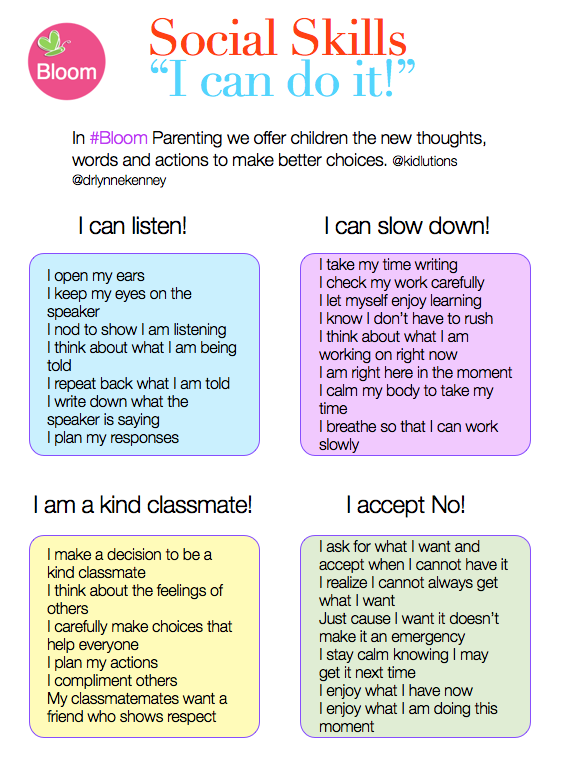
An important skill to follow instructions and rules
A disciplined and intelligent person will never cross the road in the wrong place, realizing the danger of their actions. People, of course, love to break all sorts of rules and do not like to be disciplined, but a child needs to be taught from childhood that there are things that are given not just to restrict freedoms, but for the safety of both him and those around him. And if you do not follow them, then you can bring trouble on yourself or your neighbors.
In addition, the ability to follow the advice and rules of the internal regulations will help the child to adapt more easily in the kindergarten and at school, where there are rules of behavior and relationships.
Games that are based on certain (strict) rules or a construction set with instructions will help your child understand the importance of this social skill. Praise for the timely fulfillment of the requests of the parents also helps the baby quickly learn the rules that must be followed.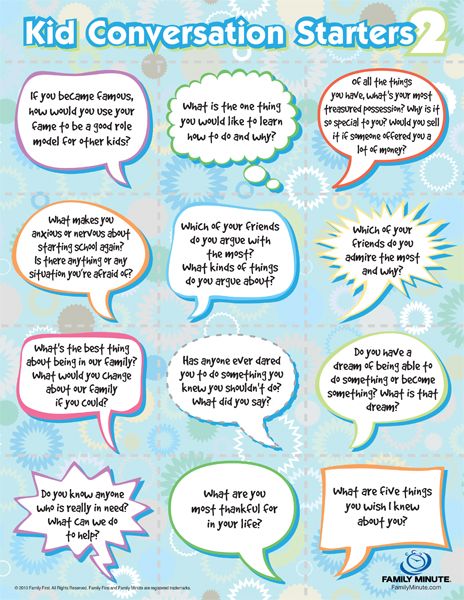
Personal space and the ability to respect it
Of course, you need to respect not your own personal space, but the personal space of others. The child must understand that he has no right to break into the bedroom with his parents or into the room of his older sister (brother) if the door is closed there. Teach him to knock and ask permission to enter. Things that do not belong personally to the child should also be tabooed. Children must understand that it is impossible to take someone else's, just as it is impossible to poke your nose into other people's business, eavesdrop or spy on others, interfere in other people's conversations and take unnecessary (destructive) initiative.
Yes, there were times when a child, wanting to please his mother, drew various pictures on the wall in her bedroom. It would be fine in my room, otherwise ... Well, okay. Here, probably, it was just necessary for the child to allocate a place for creativity.
So, parents, if you want your children not to climb into your beds or respect the personal space of your grandmother's room, just create conditions for them to have their personal space in the house and discuss all the "do's and don'ts" with the baby.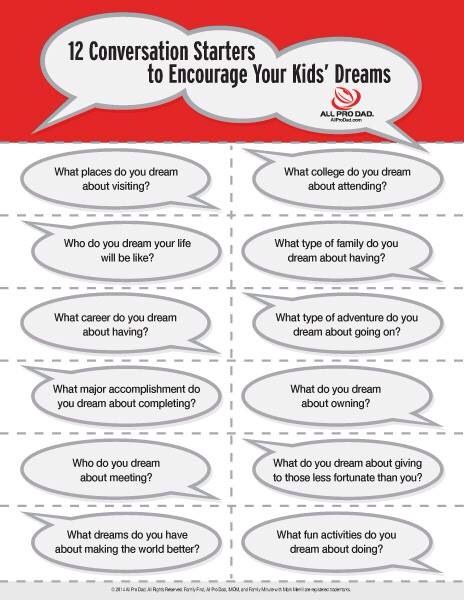
Politeness and good manners
Imagine that an adult came to visit the family and began to touch everything with his hands, move furniture, look into all rooms and corners, go to the kitchen and treat himself from your refrigerator. Bad picture. But for some reason, it is rare for a parent to scold their child if he behaves in a similar way at a party. Ah, this childish immediacy! Meanwhile, this is not immediacy, but impoliteness and rudeness towards the owners of the house.
At an early age, a child should be taught not only polite words, but also polite and respectful attitude towards others. The main thing when you teach this skill is to set an example for your child and be polite and well-mannered both with him and with other people.
As you can see, there is nothing complicated in the socialization of a child. You just need to be with him, show, including by example, tell, follow and suggest how to behave correctly in society and how to communicate with other people.